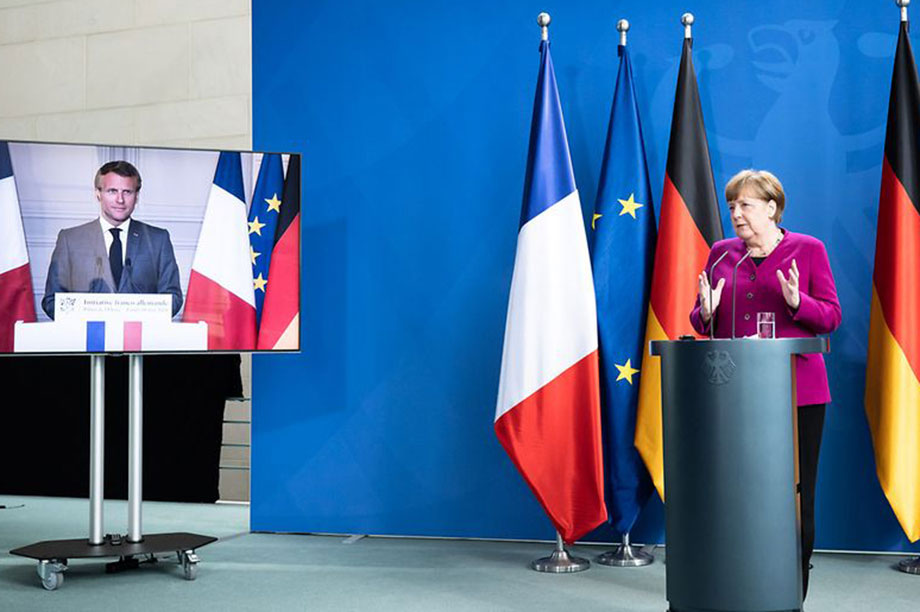As much of the global economy ground to a halt, fears grew that governments would place the green agenda on the back seat, with resources going elsewhere to help economies recover. The wind sector has been making the case that the only sensible way to move on from the crisis is by committing to a low-carbon future.
Spend it wisely
At the start of May, the Global Wind Energy Council (GWEC) led a group of industry advocacy groups and leading businesses in setting out their stall to put wind energy at the centre of recovery plans.
Stimulus packages around the world amount to more than $10 trillion of investment. The funding should be used to build a resilient and sustainable economy with renewables at its core, the group said.
Renewables can provide more jobs than the fossil-fuel industry — up to four million by 2030 "if deployment takes place at the necessary rate". Upgrading key infrastructure can also be a driver of research, the group added.
"Young people, in particular, will bear the financial, social, health and environmental costs of the stimulus plans now being designed, and carry the debt associated with this spending, so we must make sure they are able to benefit from today’s decisions," said GWEC chief executive Ben Backwell.
Any recovery plans should avoid supporting fossil-fuel industries, "which need to be phased out to achieve the energy transition", he added.
This argument is being taken forward in Europe. The green deal package put forward by the European Commission (EC) at the start of 2020 is a "blueprint for a prosperous, resilient economy on the way to carbon neutrality" by 2050, according to the governments of Germany and France.
This backing gives a huge boost to the deal and the climate law — introduced by the EC in early March to legislate for climate neutrality in the European Union by 2050, ahead of Germany’s EU Council presidency in July-December 2020.
In a joint statement, France and Germany highlighted several components of the package that should be considered, including the introduction of a minimum carbon price, as well as supporting small- and medium-sized enterprises and start-ups that are working on decarbonising the economy.
In mid-May, MEPs approved a resolution calling for the EC to place environmental policy at the heart of its coronavirus recovery plan and post-2020 budget proposal.
"We need an ambitious recovery plan, of at least €2 trillion, primarily through grants, not loans... in place as soon as possible," said Simona Bonafè, vice-president of the Socialists and Democrats group in the European Parliament.
Practical constraints
While there is plenty of talk about investment in the industry to help stimulate economic growth, it means nothing if new capacity cannot be built.
Also in May, WindEurope and seven other European trade associations wrote a letter to the EC pleading for better permitting regulations that would streamline the process. "Permitting rules and procedures for new and repowered renewable energy projects remain too complex and lengthy," the letter stated.
Permitting bottlenecks have hampered development in major wind markets such as France and Germany. The EC had directed member states to address permitting concerns as part of their national energy and climate plans (NECPs), but few did.
"This is a red flag for the industry. Without an appropriate and simplified framework for permitting, the 2030 national renewable-energy commitments remain purely academic," the trade bodies wrote.
The letter also called on the EC to "clarify with member states that there are no barriers in EU law that forbid changes in the technology specifications in the timeframe between the permit application and the construction of a renewable-energy project. Member states should support operators in deploying the most efficient technology available for a specific site."
In France and other countries, developers cannot alter the technical specifications of a project, even though permitting takes several years, which means they cannot utilise the latest, more efficient turbine models. "Unclear regulatory frameworks and delays in legislation exacerbate investors’ uncertainty," the groups warned.




.png)
HR.jpeg)
.png)








